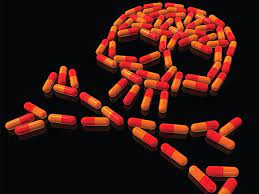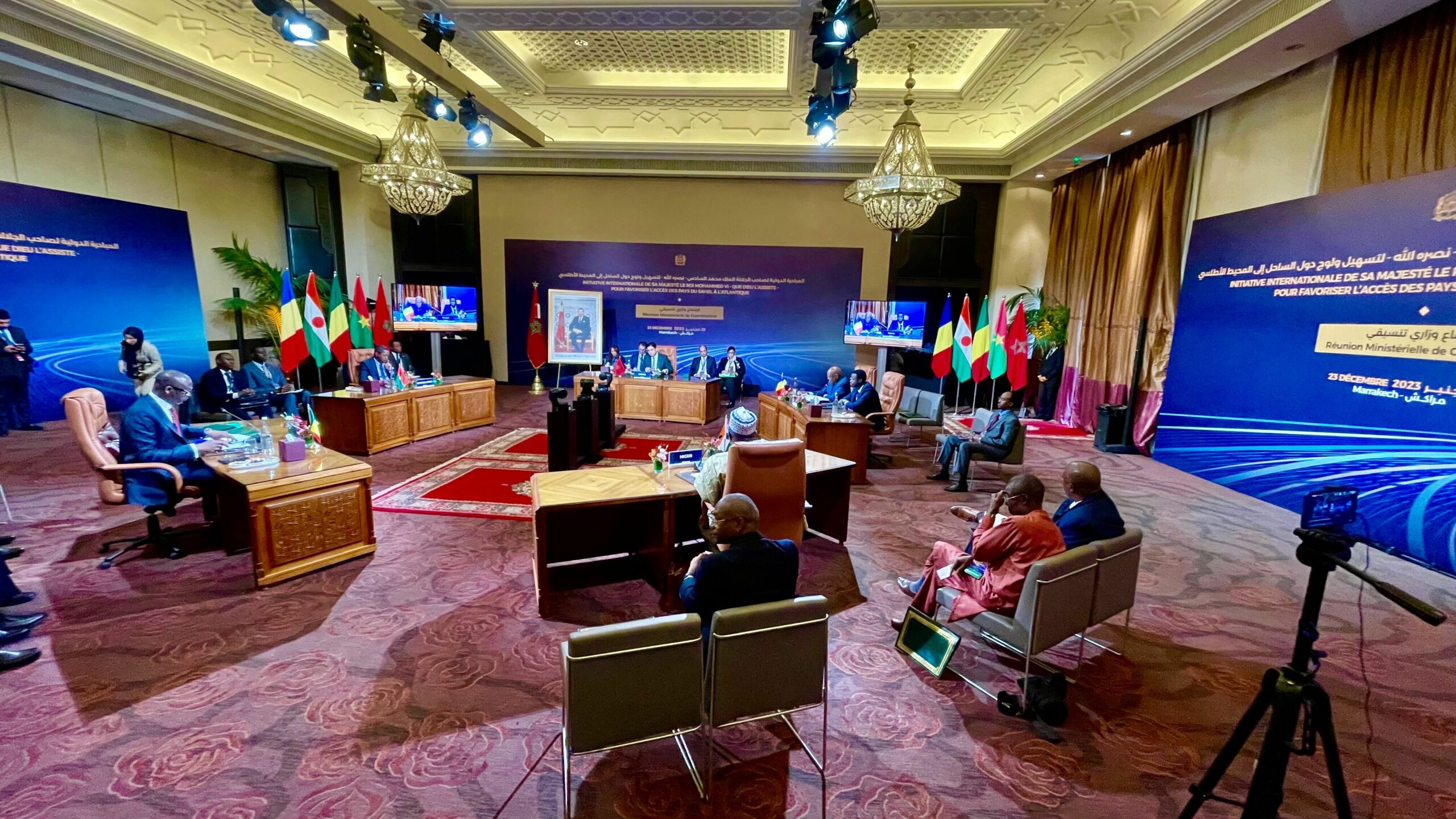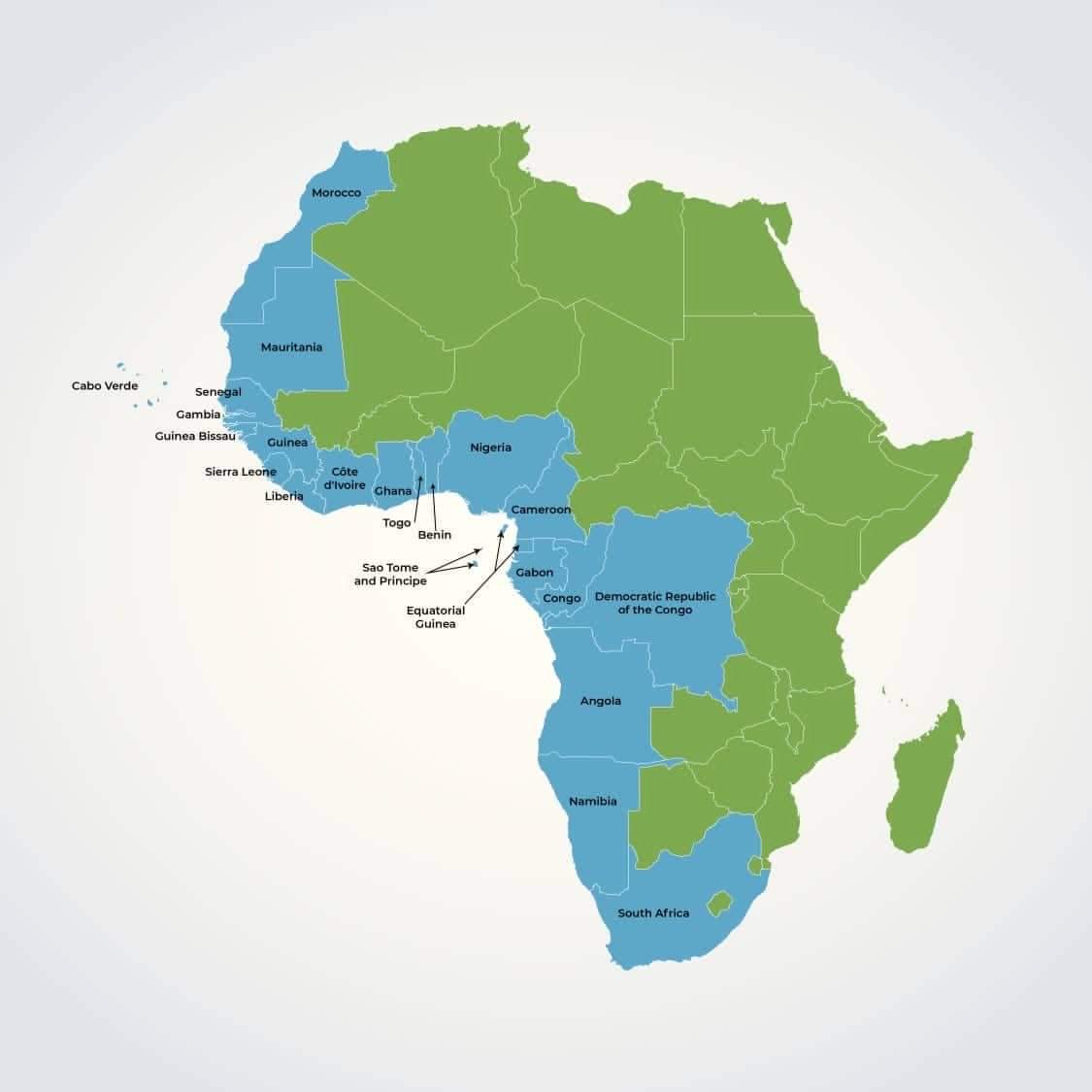The trafficking of counterfeit medicines in the countries of the Sahel leads to the death of 270,000 people a year, revealed the United Nations Office on Drugs and Crime (UNODC).
In its most recent report, UNODC highlights the consequences of the intense trafficking of counterfeit medicines in the countries of the Sahel, fueled by the shortage of pharmaceutical products, the dependence on imports and the complicity of multiple clandestine and official networks.
According to data from the UN agency, 270,000 people die each year in sub-Saharan Africa from the consumption of falsified and substandard antimalarial drugs, while 169,271 children die from the use of counterfeit antibiotics to treat severe pneumonia.
According to the report, the shortage of medicines in these regions, particularly in the countries of the Sahel, increases the prevalence of diseases. There is a kind of permanent gap between the demand and the supply of drugs, opening the door to organized criminal gangs to get involved, the UNODC report says.
Between January 2017 and December 2021, at least 605 tons of medical products were seized in West Africa during international operations, the document reveals, specifying that despite the lack of reliable information on the volumes of drugs concerned, various studies estimate that between 19 and 50% of the pharmaceutical products on the market in the countries of the Sahel are counterfeit.
Furthermore, approximately 40% of these drugs were discovered between 2013 and 2021 in the regulated supply chain. Of the total pharmaceutical expenditure in sub-Saharan Africa in 2019, imports accounted for up to 70-90% or approximately $14 billion, mainly from Belgium and France, and to a lesser extent from China and India. The vast majority of this contraband is carried out by air.
“Just as regulated medical products can be diverted, illicitly manufactured pharmaceuticals can end up in licensed pharmaceutical outlets, showing how regulated and unregulated supply chains are interconnected, comment the UNODC experts.
The report notes that despite the presence of a large number of terrorist groups and non-state armed groups in the Sahel regions, this drug trafficking is based on a chain of smuggling and classic corruption comprising several opportunistic actors, in particular employees of pharmaceutical companies, police officers, civil servants… who are all motivated by the potential financial gain.



